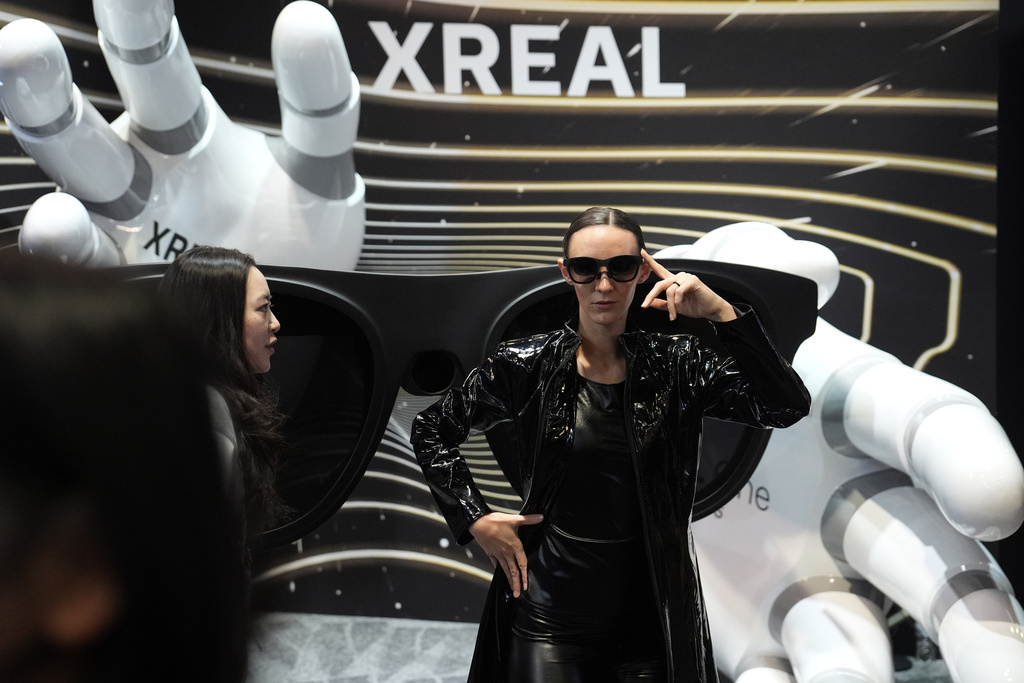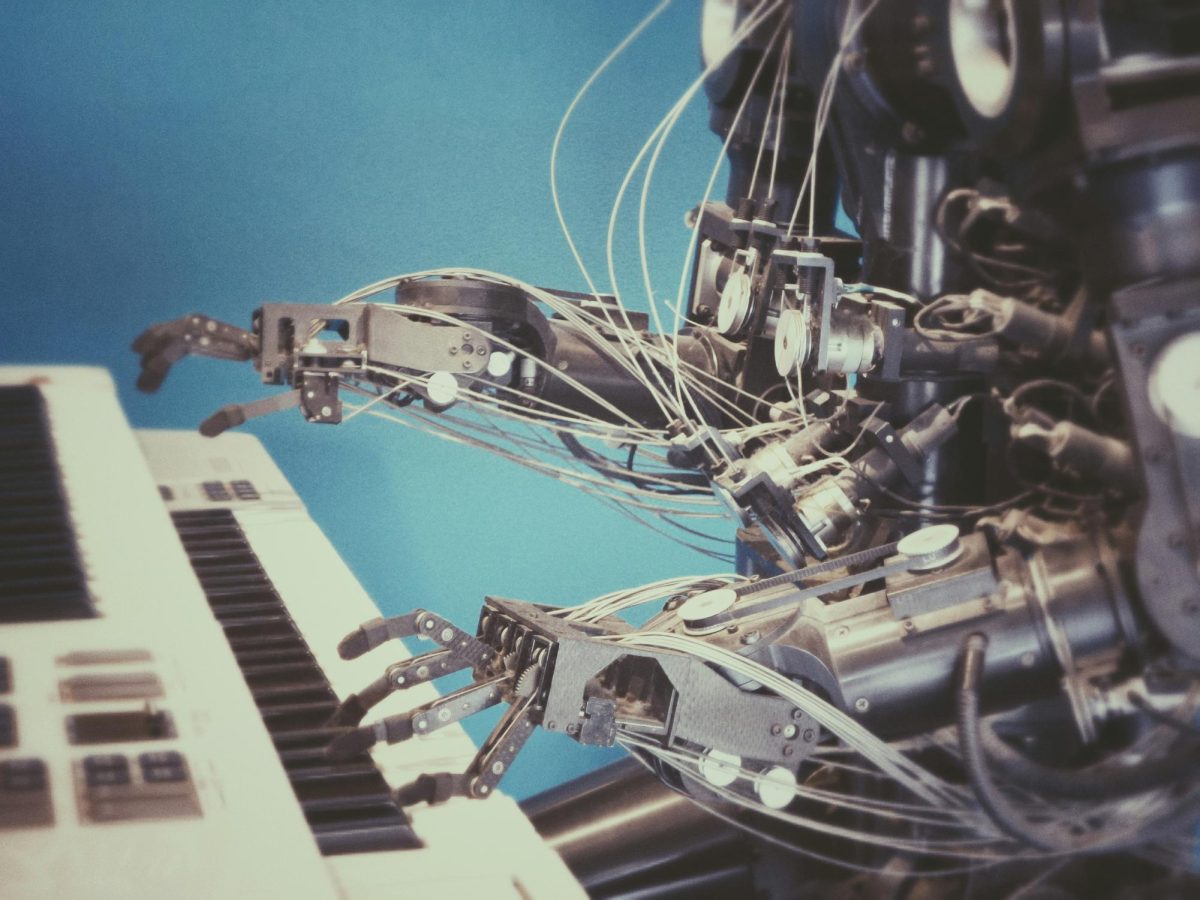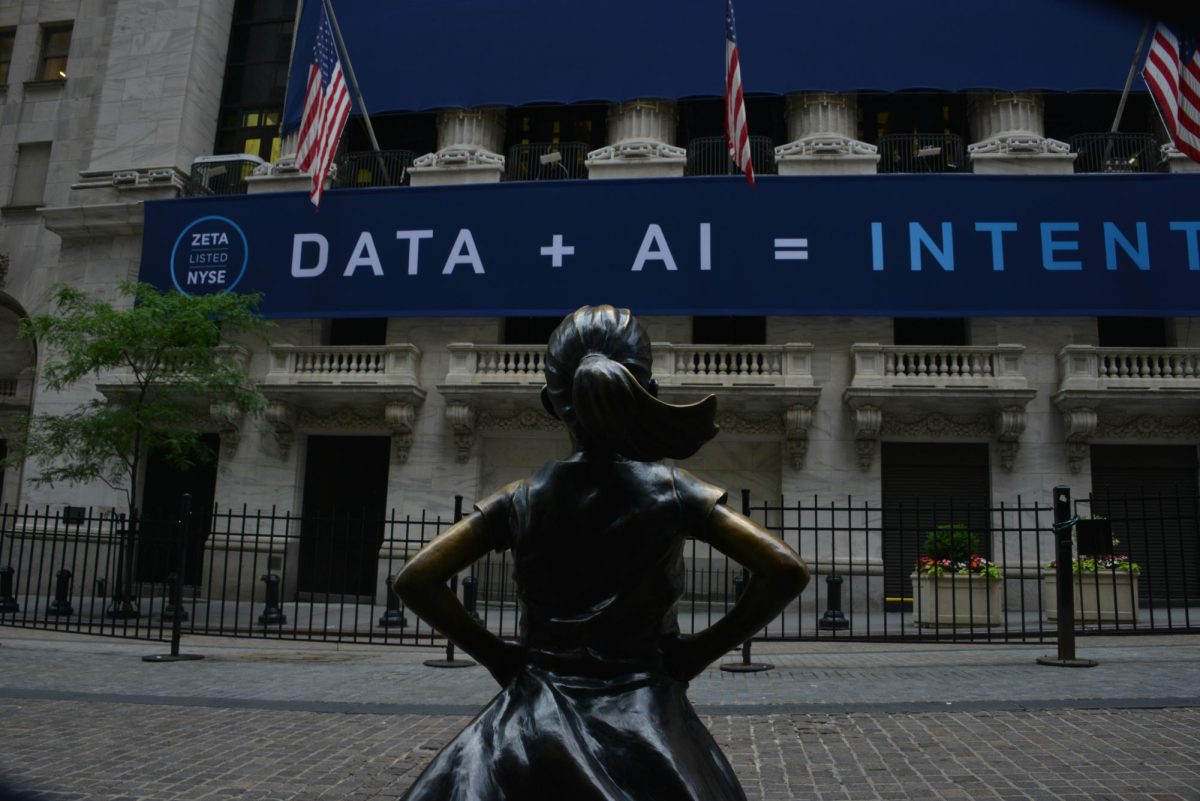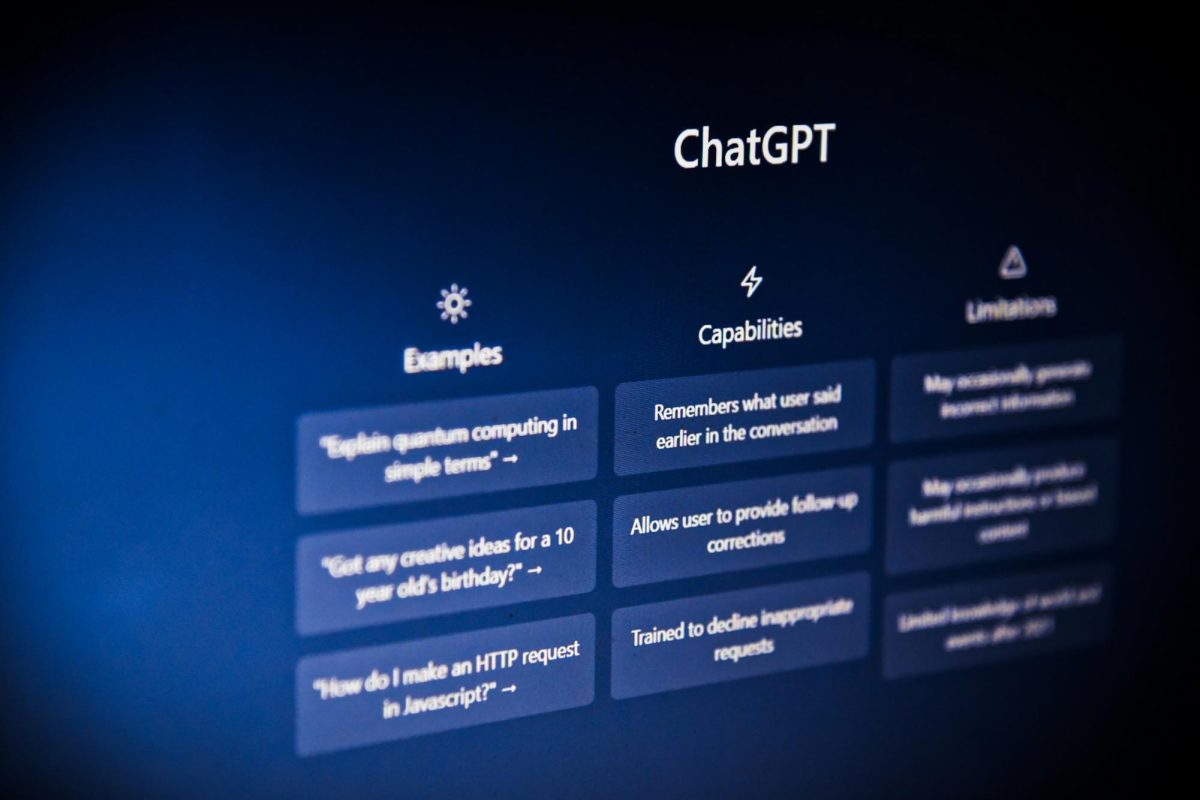This article expresses the views of its author(s), separate from those of this publication. Readers are encouraged to comment or submit a Letter to the Editor to share their opinions. To submit a Letter to the Editor, follow the instructions here.
During the second week of January, tech brands ranging from large companies like Samsung to smaller startups flooded Las Vegas for one of the world’s largest tech events, the Consumer Electronics Show (CES).
The shows seemed to point to products like robots and smart glasses and, overwhelmingly, to the buzzword that has invaded almost every part of modern life— artificial intelligence.
For this year’s focus on AI, there did not seem to be any game-changing innovation on this front. In an article highlighting the “Top 7 Disappointments of CES 2025,” CNET noted that “AI was mostly meh.”
Most of the time, I do not follow tech news too closely, but CES found its way into my consciousness over the past few days. This primarily had to do with the tech industry’s continued hyper-focus on AI, not flinching at any ethical or even practical concerns raised by the people they should have in mind— consumers.
Ethical dilemmas did indeed mire the week’s proceedings, including police claiming that the man who caused the Cybertruck explosion, which also happened in Las Vegas, used ChatGPT to build the explosive device.
Additionally, the conference portion of the show featured a panel that discussed AI’s impact on art and Hollywood.
Reading and listening to this event’s coverage, I did notice these topics getting bits of attention here and there, but overall, I personally observed that there was little discussion of AI’s drawbacks.
I found the silence on some of AI’s negative traits especially tone deaf with the catastrophic fires burning only a state away at the time.

Climate change and AI
ABC News reported that experts are connecting the contributing factors leading to the recent California wildfires, such as drastic changes between wet and dry seasons combined with powerful Santa Ana winds, to climate change.
What does this have to do with AI? While there is no conclusive evidence that AI contributes to climate change, some initial signs are pointing that way.
Currently, AI consumes a large amount of power, and as it improves, it consumes even more energy. In turn, tech companies and their sustainability efforts reflect this increased need for power.
In reports published last year, both Google and Microsoft disclosed increased greenhouse gas emissions, and this increase relates to both companies’ focus on AI and the data centers that house their servers. As of 2023, Google’s emissions increased 48% since 2019 and Microsoft’s 29% since 2020.
Potential does exist to cut down on the environmental impact of AI technologies, but companies have made it clear that they think pursuing the advancement of AI technology is a top priority before sustainability.
Previously, Google had been claiming carbon neutrality, but backed away from this stance due to their focus on AI. The company still has the goal of reaching net-zero carbon emissions by 2030.
Is it worth it?
While climate change presents one of my biggest concerns when it comes to AI, I do think it is fair to question if AI’s energy consumption is any worse than other technologies.
From my point-of-view, when it comes to AI’s energy use compared to other technologies that also consume a lot of power, the exponential growth poses a greater risk. Relatedly, I have not seen anything out of the AI space that makes me feel its consumption and environmental impact match its current benefits.
This technology is coming at further costs to our planet and has yet to even show a profit for investors.
I have heard the argument that AI has limitless potential to propel society forward and fix all our ails— sometime in the future. However, potential limitlessness is all theory and the reality is that these touted benefits do not appear to be in sight.
What is in sight is climate disasters, and I do not know if the world can afford the sacrifice it takes to bring the AI dream to life.
___
For more information or news tips, or if you see an error in this story or have any compliments or concerns, contact editor@unfspinnaker.com.

















